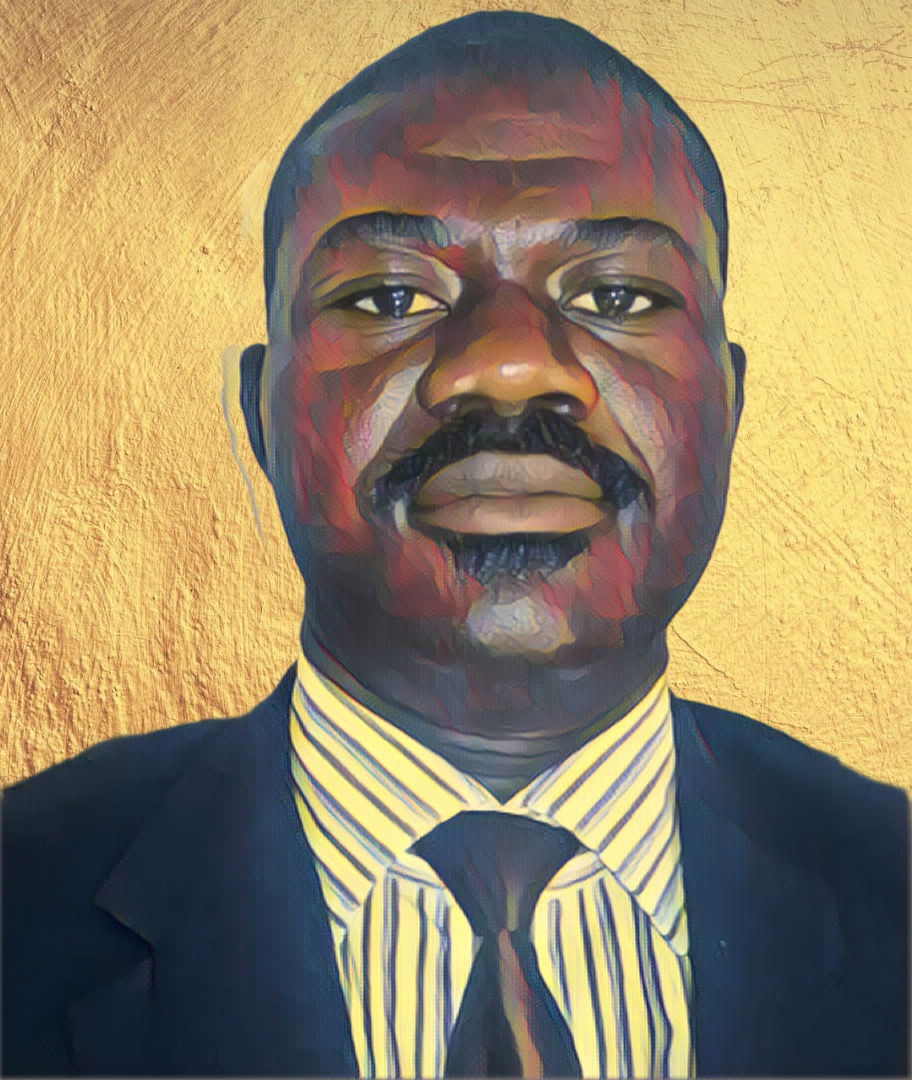The Office of the Special Prosecutor (OSP) has dismissed an allegation that three government officials were hoarding as much as US$100 million each in their homes. The allegation was made in September 2023, by the Executive Director of the Good Governance Advocacy Group Ghana (GGAGG), Listowel Nana Kusi-Poku, who claimed to have evidence to back his claim.
Kusi-Poku challenged the OSP to start an investigation on his claim, and he would lead the office to the $100m in the house of these politicians. He added that if he is not able to help the OSP find this $100 million, he should be imprisoned for life.
However, the OSP has confirmed that Kusi-Poku failed to provide the needed support to the office to enable them to follow up on his allegation. This was contained in an X (formerly Twitter) exchange this week when the OSP was challenged by a tweet to give updates on the specific issue. “OSP followed up. But, he is yet to supply the information,” the office responded to a video in which Kusi-Poku was making his allegations.
The allegations came on the back of the arrest of housemaids of former sanitation minister Cecilia Dapaah after it emerged that they had stolen monies of over a million dollars and other sums in cedis and Euros.
Kusi-Poku’s allegation was one of the many corruption scandals that have rocked the government of President Nana Akufo-Addo, who came to power on the promise of fighting corruption and ensuring good governance. According to the Corruption Perception Index by Transparency International, Ghana ranked 75th out of 180 countries in 2023, dropping from 41st in 2016.
The OSP, which was established in 2018 as an independent anti-corruption agency, has faced criticism for its slow pace of investigations and prosecutions. The first and only Special Prosecutor, Martin Amidu, resigned in November 2020, citing interference from the presidency and a lack of resources. His successor, Kissi Agyebeng, was appointed in July 2021 and has vowed to make corruption a high-risk activity in Ghana.
Some analysts have questioned the credibility and effectiveness of the OSP, given the political influence and pressure it faces. Others have called for more public support and cooperation for the OSP to carry out its mandate.
Similar stories of false accusations of corruption have been reported in other African countries, such as Nigeria, Kenya, and South Africa, where anti-corruption agencies have been accused of being used as tools for political witch-hunts or propaganda.
According to official data from the Ghana government website, the country’s gross domestic product (GDP) grew by 3.1% in 2022, recovering from a 5.4% contraction in 2021 due to the impact of the global pandemic. The government has also launched several initiatives to boost the economy, such as the Ghana CARES program, which aims to provide stimulus packages and support for businesses and households.
The government has also pledged to uphold the rule of law and ensure accountability and transparency in the management of public resources. The President has repeatedly stated that his administration will not shield any official found to be involved in corruption or malfeasance.
The OSP has urged the public to report any cases of corruption or wrongdoing to the office and assured them of its commitment to investigate and prosecute without fear or favor. The office has also appealed to the public to refrain from making false or unsubstantiated allegations that could undermine its work and reputation.
The OSP has also expressed its gratitude to the media and civil society organizations for their role in exposing and fighting corruption in the country. The office has called for more collaboration and partnership with these stakeholders to promote good governance and national development.
Source: GhanaWeb




